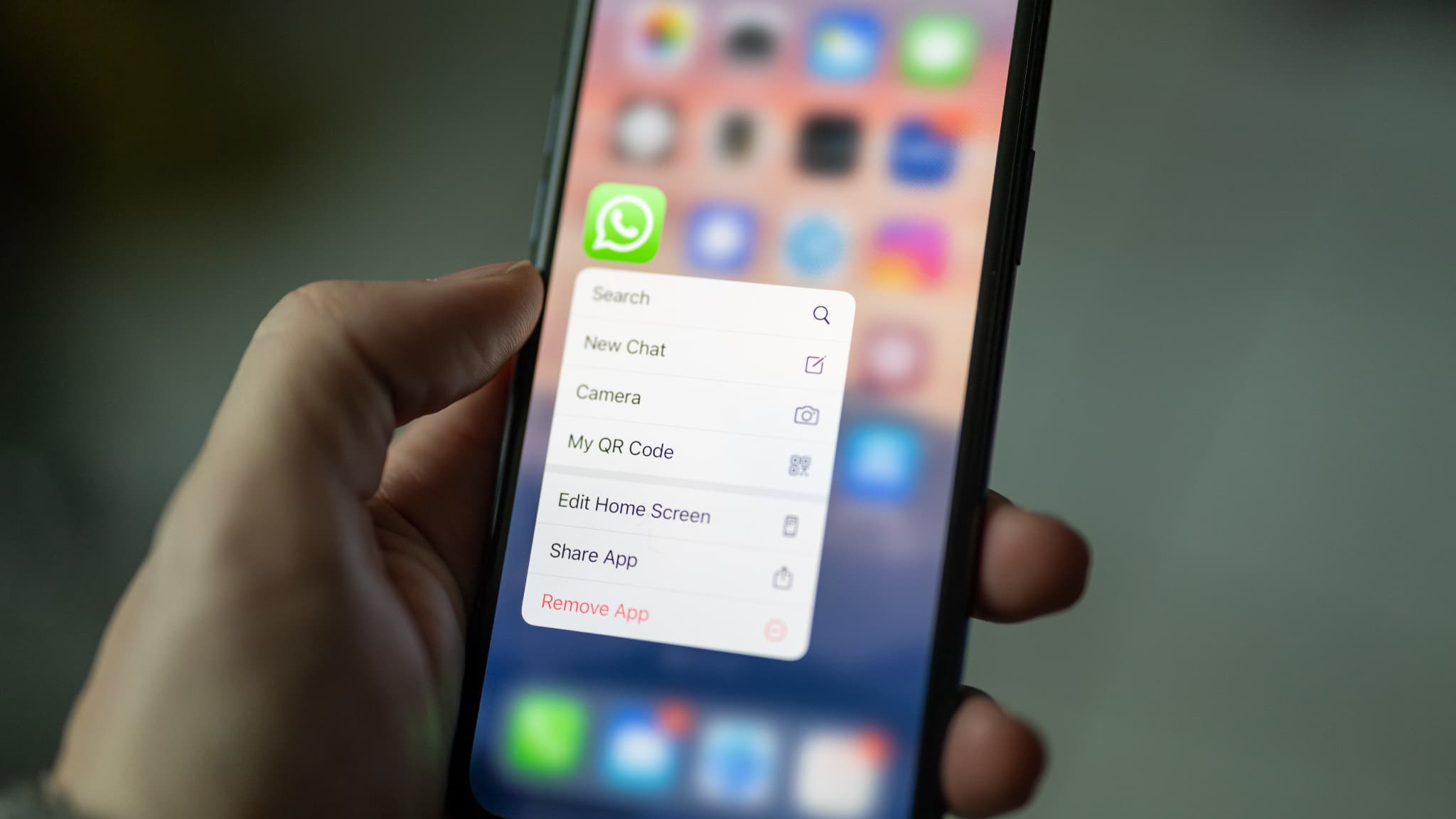The Android version of Whatsapp puts an end to classic passwords by integrating “Passkeys” technology, which allows you to connect to the platform using biometric authentication.
Last May, Google announced the ability to connect to a Google account without a password. WhatsApp followed a few months later. The platform announced the use of “Passkeys” technology in the coming weeks in a release published on Twitter on Monday, October 16th.
The feature that is currently being implemented is currently only integrated into the Android version of Whatsapp. It allows users to identify themselves to their account without a password through biometric identification (fingerprint or facial recognition) specific to the device used. For example, by activating Face ID on the iPhone, Windows Hello on a PC or even the fingerprint sensor on an Android smartphone.
Microsoft and Apple have already adopted it
Specifically, this authentication method represents an alternative to the PIN code that is generated as part of the two-stage identification system. The device creates a pair of encrypted keys, one of which (private) remains on the device and the other (public) is stored by the application or website. Each time the user logs in, they simply have to do the same thing they did when unlocking their device.
Developed by the Fast Identity Online Alliance (FIDO Alliance) and the World Wide Web Consortium, passkeys could eventually completely replace passwords as the new standard for login. Assuming they are compatible with many websites and applications, which is not the case yet.
Google, Apple and Microsoft are pioneering this new, faster and more secure connection process. The three tech giants announced in May 2022, a Agreement to create the “Passkeys” system. The latter has been in effect since iOS 16, the operating system with which iPhones are equipped, and under Windows 11.

